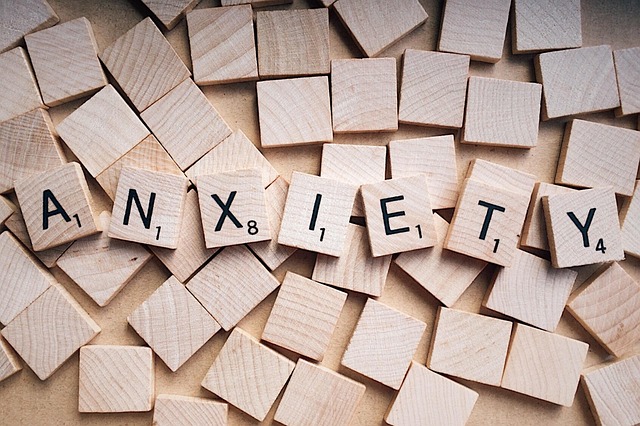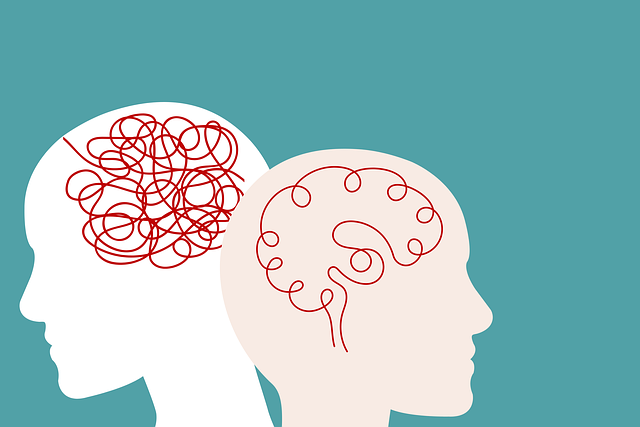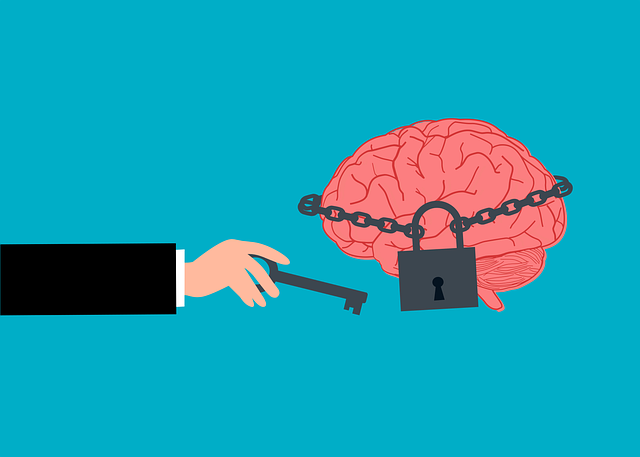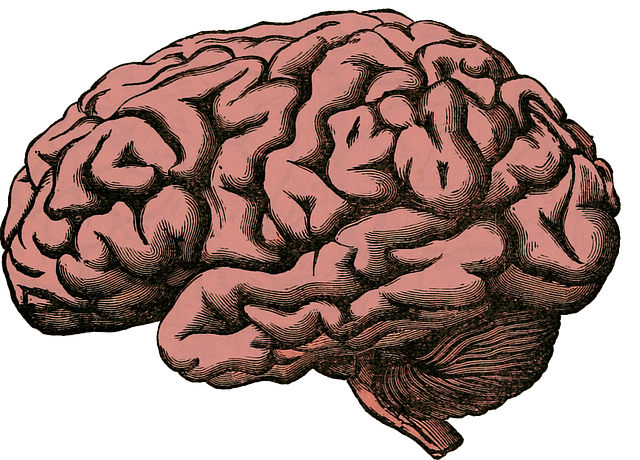Lafayette Bilingual Therapy advocates for mental health through tailored education, aiming to dispel stigma and empower individuals. Their comprehensive programs, featuring interactive workshops and diverse learning environments, focus on stress management, emotional healing, and early intervention tools. By combining theoretical knowledge with practical skills in a bilingual setting, Lafayette caters to its diverse student body, ensuring inclusive mental well-being education and fostering resilient coping mechanisms. Structured evaluation methods measure the impact of these programs, gauging knowledge gain, attitude shifts, and behavioral changes.
At Lafayette Bilingual Therapy, we believe that mental health education is a cornerstone for fostering well-being. This comprehensive guide explores the design of effective programs, focusing on breaking down stigma and misconceptions. We delve into key components for structured learning, highlighting the power of bilingual approaches to engage diverse audiences. Discover successful implementation strategies and evaluation methods to measure impact, ensuring programs like Lafayette’s create lasting positive change in mental health awareness.
- Understanding Mental Health: Breaking Down Stigma and Misconceptions at Lafayette Bilingual Therapy
- Designing an Effective Education Program: Key Components for Comprehensive Learning
- Incorporating Bilingual Approaches: Strategies to Reach a Diverse Audience at Lafayette
- Implementing and Evaluating Success: Measuring the Impact of Mental Health Education Programs
Understanding Mental Health: Breaking Down Stigma and Misconceptions at Lafayette Bilingual Therapy

At Lafayette Bilingual Therapy, we understand that mental health is a vital aspect of overall well-being. Our mission is to break down stigma and misconceptions surrounding mental illness through comprehensive education programs tailored for various audiences, including healthcare providers and the broader community. We believe knowledge is power; empowering individuals with understanding can lead to earlier interventions and improved outcomes.
Through interactive workshops and engaging discussions, we delve into topics such as burnout prevention strategies for healthcare providers, stress management techniques, and emotional healing processes. Our approach focuses on fostering an inclusive environment where participants can learn from each other’s experiences, share insights, and gain practical tools to support mental health resilience. By addressing common misconceptions and promoting open conversations, Lafayette Bilingual Therapy strives to create a more supportive and compassionate society where mental well-being is prioritized.
Designing an Effective Education Program: Key Components for Comprehensive Learning

An effective mental health education program, like those offered by Lafayette Bilingual Therapy, should be designed with a comprehensive approach that goes beyond surface-level awareness. Key components include interactive workshops that encourage open dialogue, fostering an environment where individuals feel comfortable sharing their experiences and learning from one another. This peer-to-peer exchange can significantly enhance understanding and empathy.
Additionally, integrating practical strategies for stress management, emotional regulation, and positive thinking is vital. Mental health education programs design should equip participants with tools to identify warning signs of common mental health issues like depression prevention, promoting early intervention and potentially life-saving outcomes. By combining theoretical knowledge with actionable skills, these programs can empower individuals to take charge of their mental well-being and cultivate resilient coping mechanisms.
Incorporating Bilingual Approaches: Strategies to Reach a Diverse Audience at Lafayette

Incorporating bilingual approaches is a strategic move to create an inclusive mental health education program at Lafayette, particularly catering to its diverse student body. With a significant number of students from non-English speaking backgrounds, adapting teaching methods and resources to accommodate their linguistic needs is essential for effective learning. This involves offering parallel instruction in both languages, ensuring accessibility for all. For instance, developing bilingual therapy sessions where students can discuss emotional regulation challenges in their native language, coupled with mental wellness coaching programs, can foster a sense of comfort and encourage open dialogue.
Lafayette’s program design should also consider integrating culturally sensitive content to address the unique experiences of its diverse community. This might include exploring mental health policy analysis and advocacy as part of the curriculum, ensuring students understand the broader context of emotional well-being support available to them. By incorporating these strategies, Lafayette can ensure that its mental health education initiatives reach and benefit all students, promoting a holistic understanding of emotional regulation within a bilingual environment.
Implementing and Evaluating Success: Measuring the Impact of Mental Health Education Programs

Implementing mental health education programs is a significant step towards fostering well-being within communities, especially in diverse settings like Lafayette Bilingual Therapy. To ensure success, it’s crucial to incorporate structured evaluation methods that measure both short-term and long-term impacts. This includes assessing knowledge gain, attitudes, and behavioral changes related to mental health among participants. By employing surveys, focus groups, and observation techniques, programs can gauge the effectiveness of their interventions.
For instance, evaluating conflict resolution techniques taught through these programs can reveal improved interpersonal skills, leading to better management of stress and potential burnout prevention. Similarly, examining changes in attitudes towards seeking help for mental health issues can indicate increased awareness and reduced stigma. Furthermore, analyzing participation rates in subsequent workshops or support groups demonstrates the longevity of program impacts, aligning with goals set by Mental Health Policy Analysis and Advocacy initiatives.
Lafayette Bilingual Therapy has demonstrated that comprehensive mental health education programs can effectively break down stigma, address misconceptions, and reach diverse audiences. By incorporating key components such as interactive learning, bilingual strategies, and measurable evaluation, these programs have the potential to significantly impact individuals and communities. As we navigate a world where mental health awareness is more crucial than ever, the designs and insights shared here provide valuable resources for creating effective, inclusive, and impactful educational initiatives.














